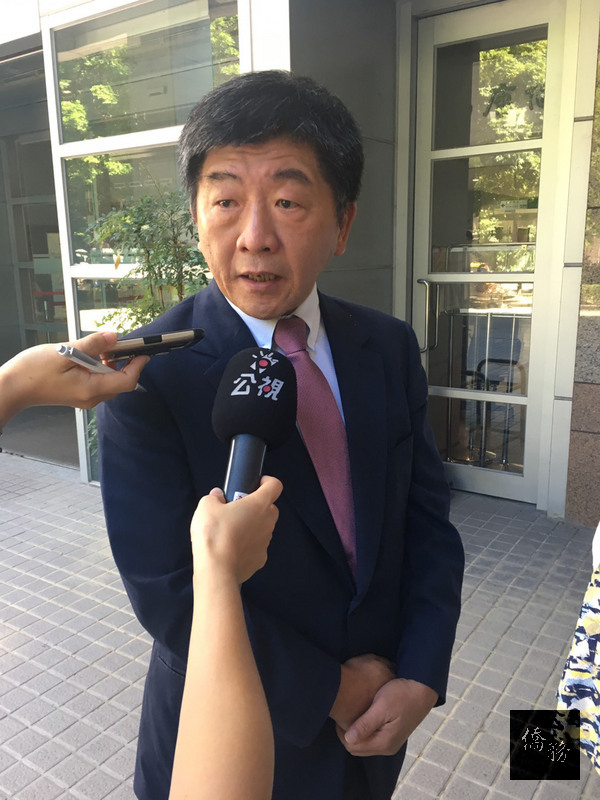
Taipei, Aug. 26 (CNA) The Ministry of Health and Welfare aims to increase the number of dementia care centers and the diagnosis rates of the disease in Taiwan over the next four years, Health Minister Chen Shih-chung said Saturday.
A day after President Tsai Ing-wen vowed to improve policies for dementia care, Chen said that within four years, his ministry is hoping to increase the number of dementia care centers from the existing 20 to 63 and the diagnosis rates of dementia from the current 30 percent to 50 percent.
In addition, Tsai Shu-feng, director-general of the ministry's Department of Nursing and Health Care, said her ministry will organize campaigns to increase the public's understanding of the disease, reduce stigma and build a friendlier environment for dementia patients.
She added that her ministry aims to help at least five percent of the 18 million people in Taiwan between the ages of 15 and 64 gain a deeper understanding of the disease over the next four years.
The ministry officials' comments came a day after President Tsai said her administration will revise policy guidelines by the end of the year to improve the quality of care for dementia patients.
According to estimates, there are over 260,000 people in Taiwan with dementia and the number could grow to around 560,000 by 2036, which will have a great impact on Taiwan's family and society, Lai Te-jen, president of Taiwan Alzheimer Disease Association, said at an academic conference held by his association Saturday.
Health Minister Chen Shih-chung, who attended the conference, recalled the first time he came in contact with a dementia patient 40 years ago.
He said the person was his aunt and she always asked the same questions over and over again. People thought that she was out of her mind and that misunderstanding resulted from a lack of knowledge about the disease, Chen said.
"This was the case 40 years ago. But it shouldn't be the case now," he said, adding that many things can be done to improve the diagnosis rate, treatment and care for dementia patients.